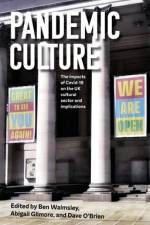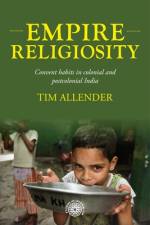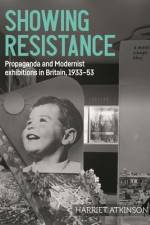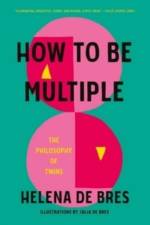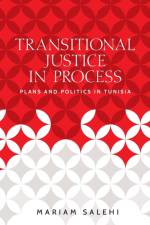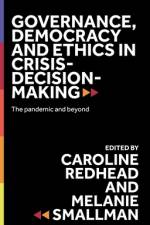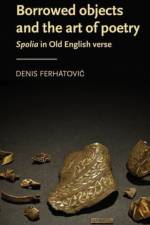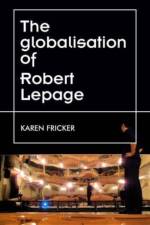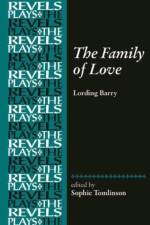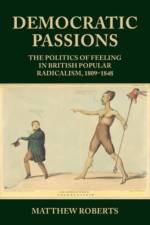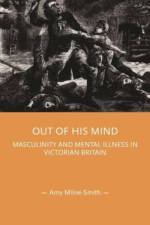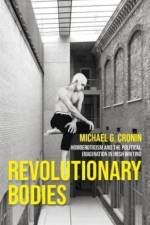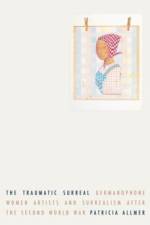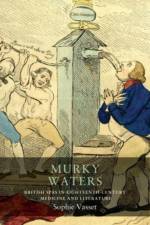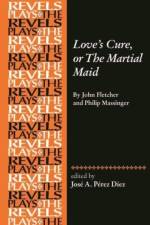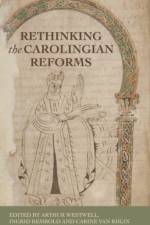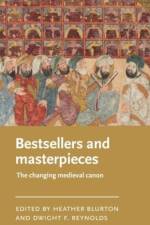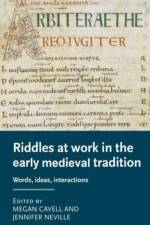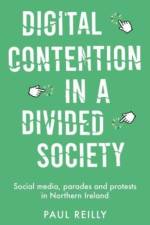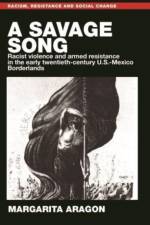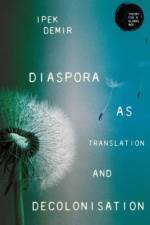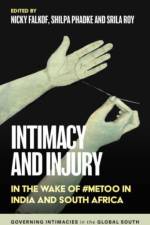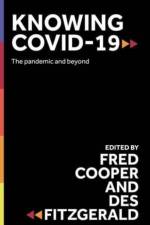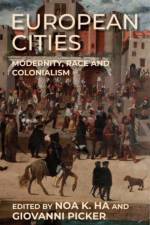385,-
European cities: Modernity, race and colonialism is a multidisciplinary collection of scholarly studies which rethink European urban modernity from a race-conscious perspective, being aware of (post-)colonial entanglements. The twelve original contributions empirically focus on such various cities as Barcelona, Buenos Aires, Cottbus, Genoa, Hamburg, Madrid, Mitrovica, Naples, Paris, Sheffield, and Thessaloniki, engaging multiple combinations of global urban studies, from various historical perspectives, with postcolonial, decolonial and critical race studies. Primarily inspired by the notion of Provincializing Europe (Dipesh Chakrabarty) the collection interrogates dominant, Eurocentric theories, representations and models of European cities across the East-West divide, offering the reader alternative perspectives to understand and imagine urban life and politics. With its focus on Europe, this book ultimately contributes to decades of rigorous critical race scholarship on varied global urban regions. European cities is a vital reading for anyone interested in the complex interactions between colonial legacies and constructions of 'modernity', in view of catering to social change and urban justice.

